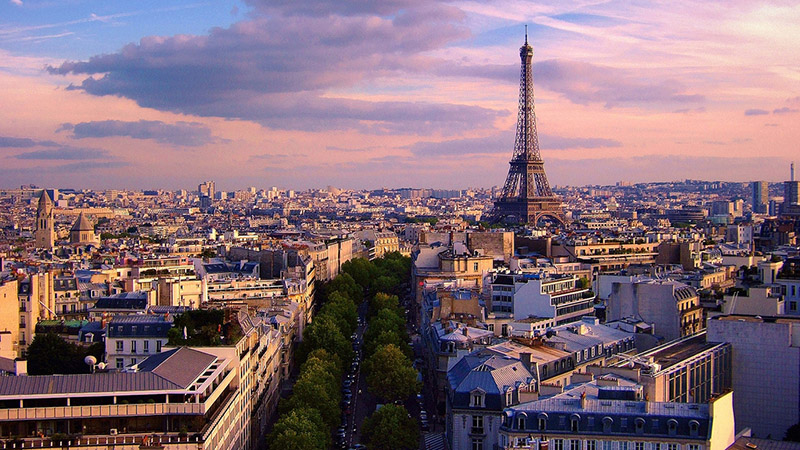The French government announced the creation of a new advisory body on climate change on Tuesday.
Comprising 13 members, the High Council on Climate Change will feature some of the country’s top minds on global warming, including paleoclimatologist Valérie Masson-Delmotte, climatologists Corinne Le Quéré, Laurence Tubiana and economists Alain Grandjean, Céline Guivarch and Katheline Schubert.
The independent body, to be chaired by Le Quéré, is set to advise the government on policy and hold it to account if it sees that its legislation is out of step with the country’s pledges to the Paris Agreement. It also seeks to strengthen social dialogue over the responses to climate change, at a time when hundreds of thousands have taken part in the “gilets jaunes” (yellow jackets) movement to protest a tax hike on diesel and wider increases to the cost of living.
The council is expected to have a budget of a few million euros and a secretariat to prepare reports every five years, in advance of the government’s major strategic reviews. It will also commission studies on specific topics as required.
The government said it was inspired by the UK’s Committee on Climate Change, as the latter celebrates its 10th anniversary.
But the director of Greenpeace France Jean-François Julliard slammed the initiative as “a pretty poster to hide the sombre reality before Cop24” – the UN climate summit in Katowice, Poland next month.
Speaking to Le Monde, Julliard said: “The thirteen experts were already regularly consulted by the government. I have my doubts on whether they will be able to push the executive to go beyond what [former French environment minister] Nicolas Hulot had attempted.”
Hulot, a famous environmental broadcaster, abruptly quit government in August, expressing frustration at his inability to implement ambitious policies.
European Commission sets out path to net-zero emissions by 2050
The formation of the council was announced on the same day that Macron unveiled his annual plan for energy policy. He reiterated his commitment to phasing out coal power generation by 2022. On renewable energy, Macron committed to triple the number of windfarms by 2030 and develop offshore windfarms.
Responding to the anger of the gilets jaunes, Macron defended the hike on fuel tax, insisting that it had long been planned in parliament. The president, however, said he “heard [the movement’s] discontent”.
“In addition to this expected increase, there has been an increase in world fuel prices. This is what happened, and so we must build together a method to protect ourselves from such phenomena. So adapt any further increase in fuel tax to the evolution of the price of oil so that if the price surge were to happen again, we would not be put in the same situation,” he said.
Macron also backtracked on his pledge to reduce the portion of nuclear in the energy mix to 50% by 2025. Instead, France will do so by 2035, with 14 reactors of 900MW scheduled for closure by then.
“It has turned out that following a pragmatic expertise that this figure presented as a key measure was in reality unreachable,” he said.
The U-turn sparked uproar among politicians and environmental NGOs. The Foundation for Nature and Man created by Nicolas Hulot said the decision signed the “status quo of the nuclear era”.
France is lagging behind on most of its climate targets, according to an independent watchdog, as greenhouse gases rose again in 2015.
